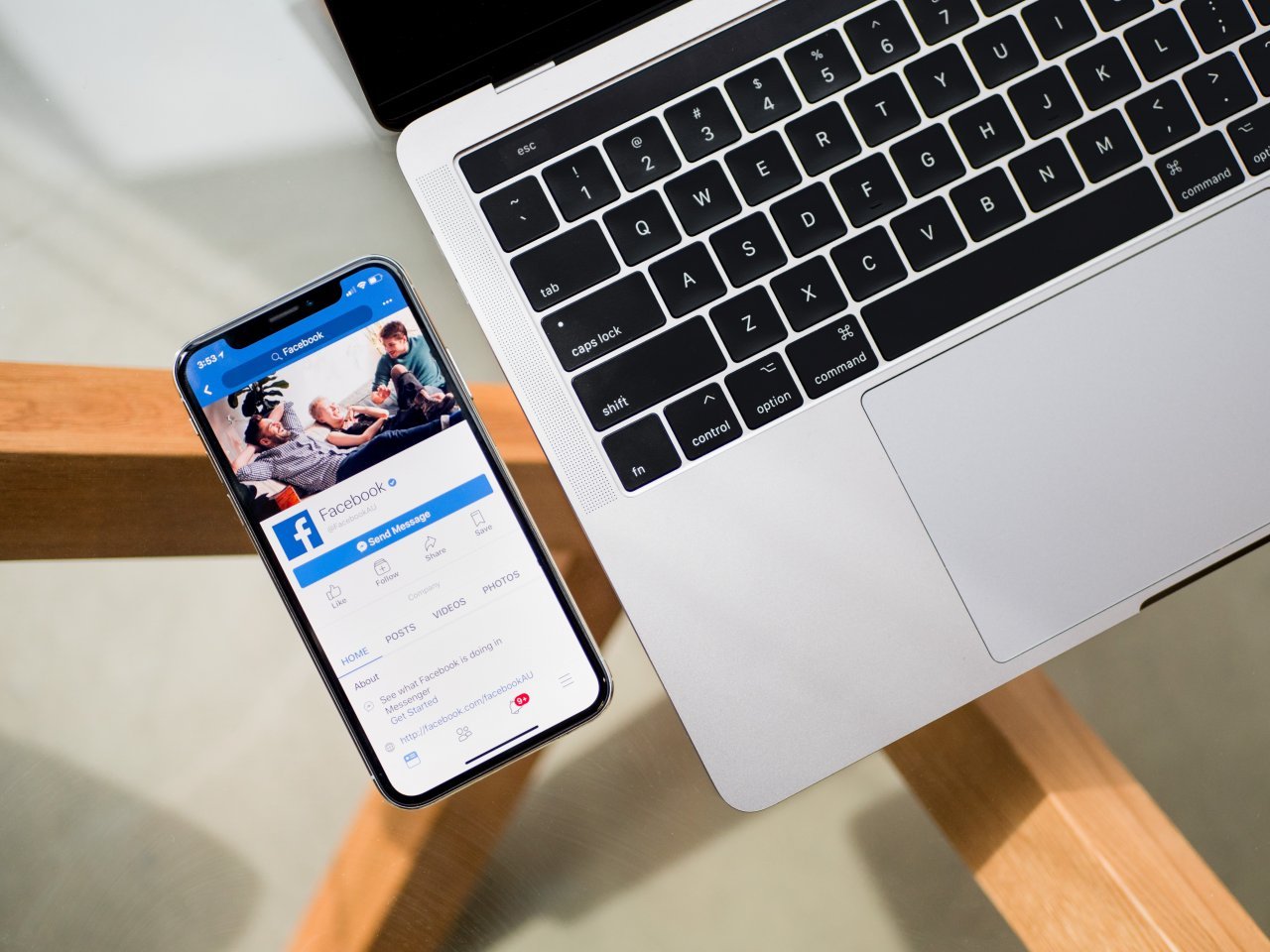Facebook: A Double-Edged Sword for Society

Facebook, the world's largest social networking site, has become an integral part of our lives. With over 2.8 billion monthly active users, it has revolutionized the way we connect and communicate with each other. However, the increasing popularity of Facebook has raised several concerns about its impact on society. While Facebook has many advantages, it is also a double-edged sword that poses risks and drawbacks for users and society as a whole.
On the one hand, Facebook has many benefits. It allows people to connect and share information with friends and family across the world, regardless of geographic distance. Facebook also provides an important platform for businesses to connect with their customers and promote their products and services. It has become a powerful tool for activism and social change, enabling people to organize and coordinate protests, rallies, and other forms of collective action.
Moreover, Facebook has revolutionized the way we consume news and information. It provides us with access to a diverse range of perspectives and opinions, enabling us to stay informed and engaged with the world around us. It has also made it easier for us to find and connect with like-minded individuals who share our interests and passions.
However, despite these advantages, Facebook has several drawbacks that pose risks to its users and society as a whole. One of the most significant concerns is the issue of privacy. Facebook's data collection practices have been widely criticized for their lack of transparency and potential misuse of user data. Users' personal information can be collected, stored, and sold to third-party companies, potentially putting users' personal information at risk.
Another major issue with Facebook is the prevalence of cyberbullying and harassment on the platform. Cyberbullying on Facebook can have devastating consequences for victims, leading to mental health issues such as anxiety and depression, and in some cases, even suicide. The competitive and judgmental nature of Facebook can also have negative effects on users' self-esteem, leading to feelings of inadequacy and insecurity.
Furthermore, Facebook has been criticized for its role in spreading misinformation and fake news. False stories and conspiracy theories can quickly spread across the platform, leading to confusion and distrust in legitimate sources of information. This can have serious implications for democracy and public discourse, as people may make decisions based on false information.
Finally, Facebook's addictive nature can also have negative effects on users' mental health and well-being. Spending too much time on the platform can lead to feelings of anxiety and depression, as well as a sense of disconnection from the real world. This can also lead to a lack of productivity and poor time management, as users may spend hours scrolling through their newsfeeds instead of focusing on more important tasks.
In conclusion, while Facebook has many advantages, it is also a double-edged sword that poses risks and drawbacks for its users and society as a whole. The issues of privacy, cyberbullying, fake news, and addiction need to be addressed to ensure that the platform is used safely and responsibly. It is important that we remain aware of the potential risks and drawbacks of Facebook and work towards finding solutions to these issues, while still embracing the many benefits that the platform has to offer.




